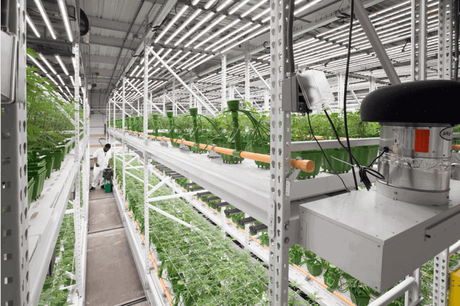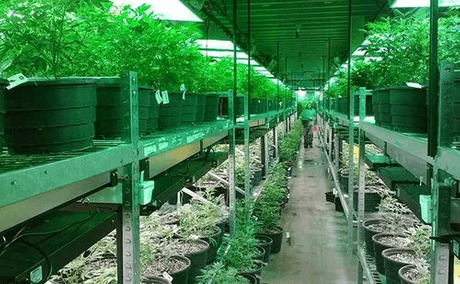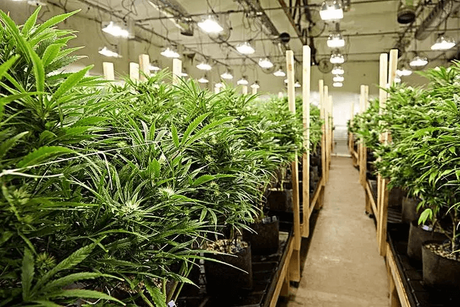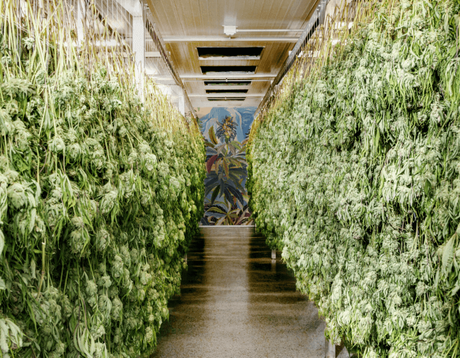In recent years, the concept of vertical farming has gained significant traction as a promising solution to address the challenges of traditional agriculture, such as land scarcity, water scarcity, and climate change. Vertical farming utilizes innovative techniques to grow crops in vertically stacked layers, often in controlled indoor environments. But how exactly does vertical farming work, and what are its implications for the future of agriculture? Let's explore.
Understanding Vertical Farming
Vertical farming involves cultivating crops in vertically stacked layers or structures, typically indoors or in controlled environments. These structures can vary in size and design, ranging from small-scale urban farms to large commercial operations housed in repurposed warehouses or high-rise buildings.
Key components of vertical farming systems include:
Vertical Growing Systems: These systems utilize shelves, racks, or towers to stack multiple growing layers vertically. Plants are grown hydroponically, aeroponically, or using soil-based methods within these structures.
Artificial Lighting: Vertical farms rely on artificial lighting, such as LED grow lights, to provide the necessary spectrum and intensity of light for plant growth. By optimizing light distribution and duration, vertical farms can maximize crop yields year-round, regardless of external weather conditions.
Climate Control: Controlled environments within vertical farms allow precise regulation of temperature, humidity, and air circulation. This enables growers to create optimal growing conditions for various crops and minimize the risk of pest infestations and diseases.
Water Recycling Systems: Vertical farming emphasizes water efficiency by employing closed-loop irrigation systems and water recycling technologies. By capturing and recirculating water, vertical farms minimize water wastage and reduce overall water consumption compared to conventional agriculture.
The Advantages of Vertical Farming
Vertical farming offers several significant advantages over traditional farming methods:
Maximized Land Use: Vertical farming allows growers to maximize land use by stacking growing layers vertically, making it possible to produce high yields in a smaller footprint compared to traditional horizontal farming.
Year-Round Production: Controlled indoor environments enable year-round production of crops, eliminating seasonal limitations and extending growing seasons beyond traditional agricultural timelines.
Reduced Environmental Impact: Vertical farming reduces the environmental impact of agriculture by conserving water, minimizing land use, and eliminating the need for synthetic pesticides and herbicides commonly used in outdoor farming.
Localized Food Production: Vertical farms can be established in urban areas, bringing food production closer to consumers and reducing the carbon footprint associated with transportation and distribution.
Case Studies and Success Stories
Numerous vertical farming companies and research institutions have demonstrated the viability and scalability of vertical farming technology. Examples include:
AeroFarms: Based in Newark, New Jersey, AeroFarms operates one of the world's largest vertical farming facilities, utilizing aeroponic growing systems and LED lighting to produce a variety of leafy greens and herbs.
Vertical Harvest: Located in Jackson, Wyoming, Vertical Harvest pioneered the concept of vertical farming in small urban spaces. Their three-story hydroponic greenhouse produces fresh produce year-round for the local community, including lettuce, microgreens, and tomatoes.
Plenty: Founded in San Francisco, Plenty utilizes vertical farming technology to grow a wide range of crops, including strawberries, kale, and tomatoes. Their vertically stacked growing towers optimize space and resource efficiency while delivering high-quality, locally grown produce to consumers.
Future Outlook and Potential Challenges
While vertical farming holds great promise for the future of agriculture, several challenges must be addressed to realize its full potential. These include:
Energy Consumption: Vertical farming relies heavily on artificial lighting and climate control systems, which can contribute to high energy consumption and operating costs. Continued advancements in energy-efficient technologies are essential to mitigate this challenge.
Economic Viability: The upfront capital investment required for establishing vertical farming facilities can be significant, posing challenges for small-scale growers and startups. However, as technology matures and economies of scale are achieved, the cost of vertical farming is expected to decrease.
Crop Diversity and Genetic Diversity: Vertical farming currently focuses primarily on leafy greens and herbs due to their suitability for indoor cultivation. Expanding crop diversity and preserving genetic diversity are important for ensuring food security and resilience against future challenges, such as climate change and plant diseases.
Conclusion: A Sustainable Future for Agriculture
Vertical farming represents a paradigm shift in agriculture, offering a sustainable and efficient approach to food production in the face of increasing global challenges. By harnessing technology and innovation, vertical farming has the potential to revolutionize the way we grow and consume food, creating a more resilient and environmentally friendly food system for future generations.
Watch this video for a visual exploration of how vertical farming works and its implications for the future of agriculture.
 English
English








